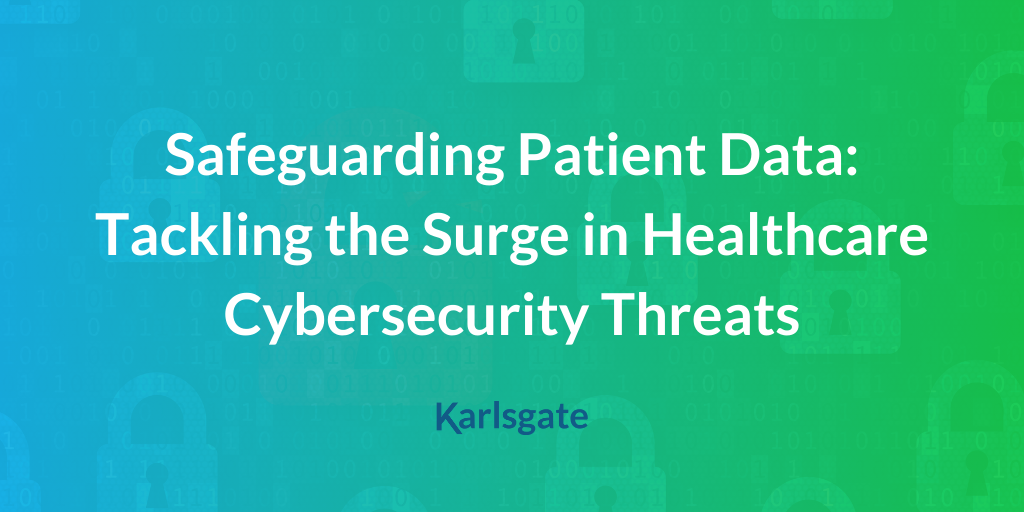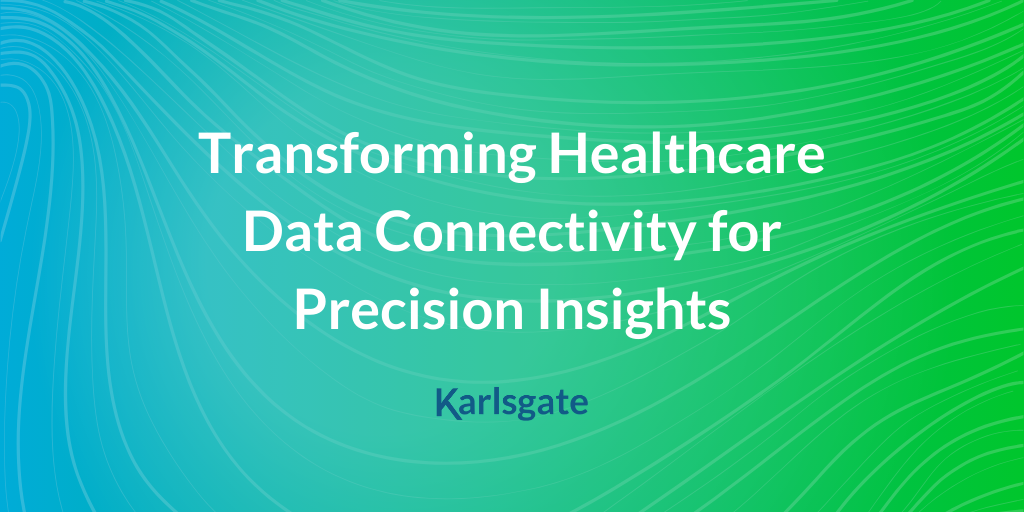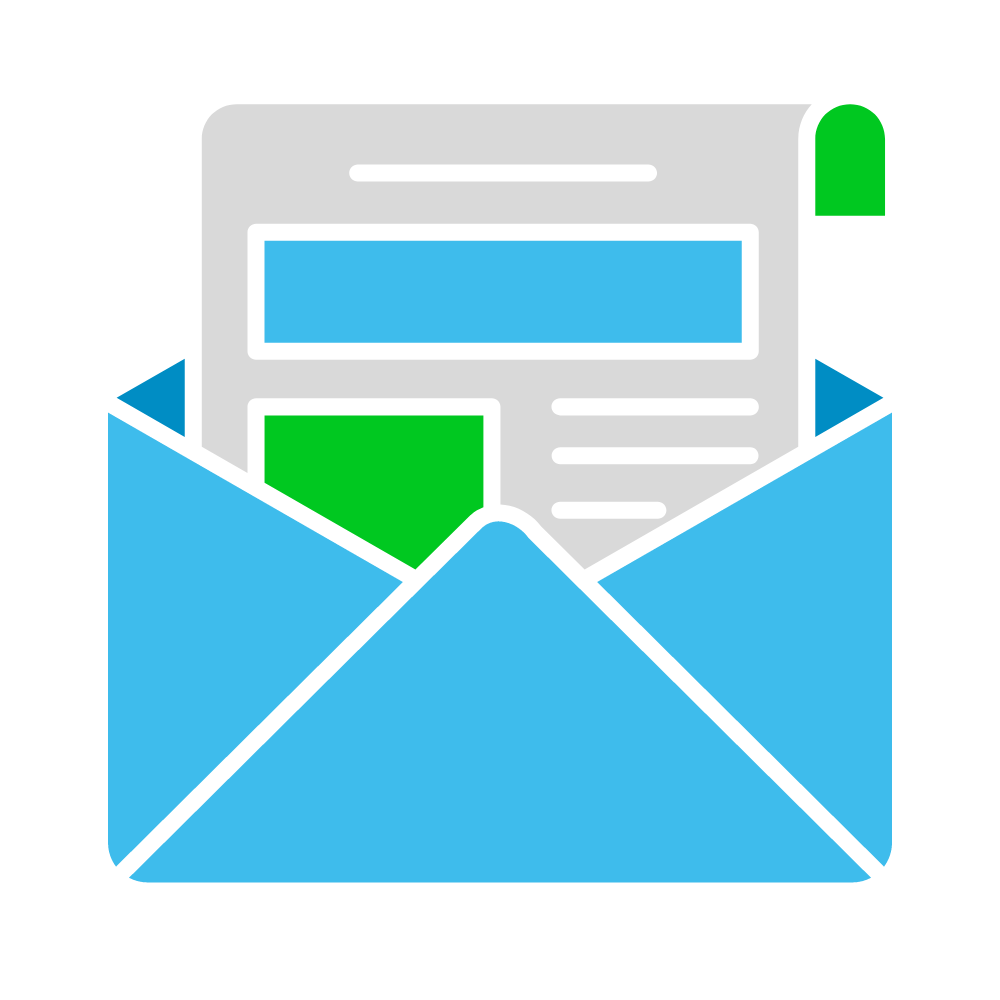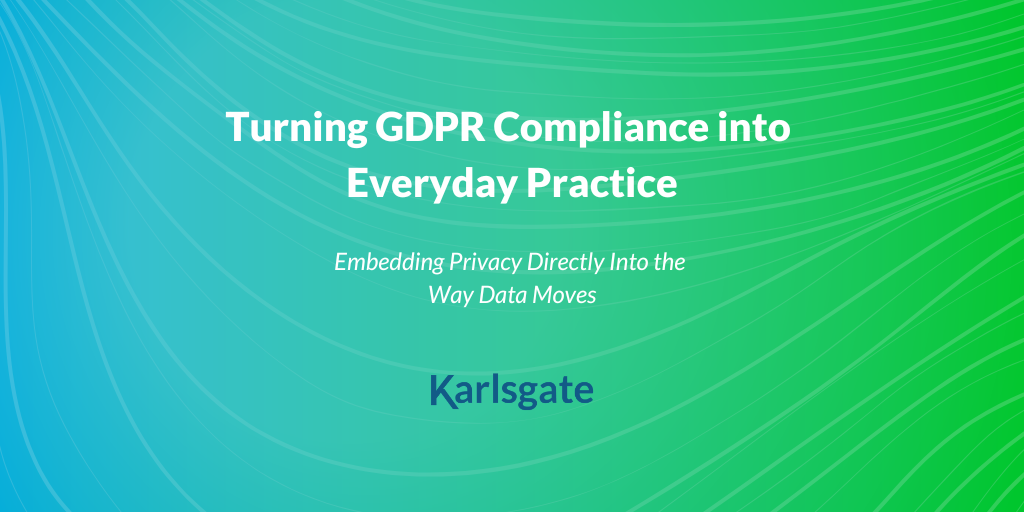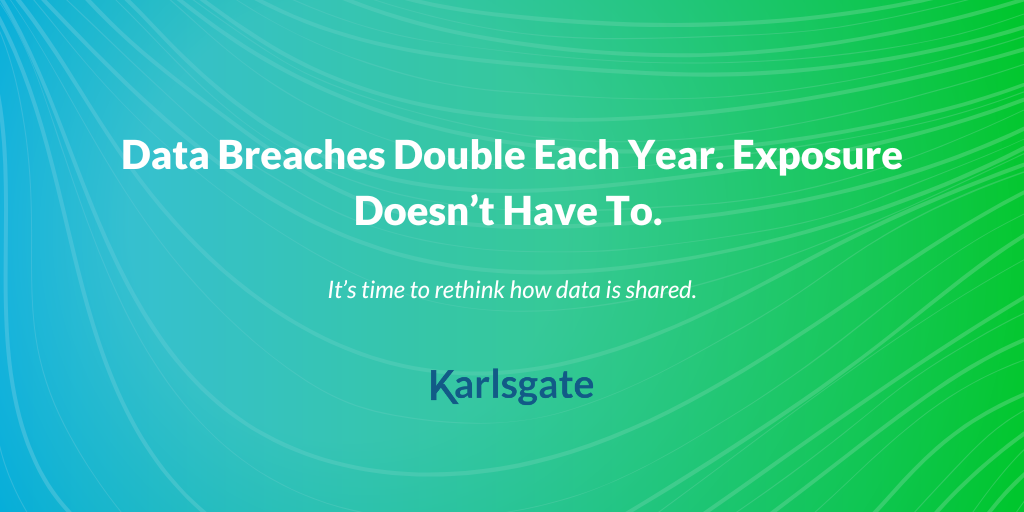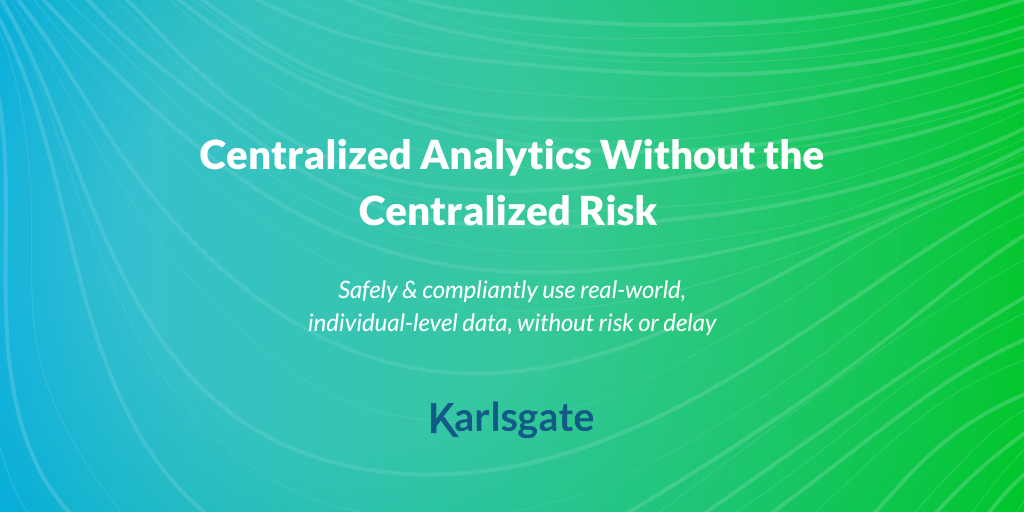In an age where digital transformation has reshaped the healthcare industry, the alarming surge in cybersecurity threats poses an imminent risk to patient security and care. The U.S. Department of...
It’s no secret that the key to medical breakthroughs, more precise clinical research, and better patient care lies in the ability to leverage healthcare data quickly and accurately. But for organizations across the healthcare continuum, doing so is easier said than done.
In today’s data ecosystem, organizations are struggling to keep up with the complexities of data collaboration at scale while maintaining a level of security required as stewards of highly sensitive information. This “linkage problem” poses a significant challenge in managing and analyzing personal data while complying with privacy rights and regulations.
This becomes particularly critical in the context of healthcare, where patient data is generated and stored across multiple systems and organizations. Healthcare providers and researchers often face difficulties in combining data from various sources – whether it be electronic health records, lab results, and even wearable devices – to create a comprehensive view of an individual’s health.
Until recently, the industry has had to rely on the best practices available at the time which focused on simple de-identification and linkage methods for maintaining HIPAA compliance when connecting patient data. These methods have come with limitations in terms of what can be connected and with whom, data integrity challenges, and cost concerns. In addition, de-identification of data “upstream” makes it difficult for “downstream” players to get accurate data at the patient level.
While these methods have been adequate enough to date, in the world of AI-driven technology, where vast amounts of accurate, individual-level data make the difference between medical breakthroughs and the status quo, these limitations and concerns are no longer acceptable.
What is the Linkage Problem?
Until now, the quest to unlock the full potential of precision healthcare data while maintaining data privacy and organizational control has been elusive. But in order to solve the linkage problem, we need to explore innovative new solutions that allow us to safeguard PHI while still connecting data at an individual level.
The linkage problem can be defined as:
Two independent entities (public or private) are each managing a dataset about individuals. The understanding of each individual’s identity is achieved using various identifiers such as name, postal address, email, and/or social security number. However, these components of personal data are sensitive and are tied to personal privacy rights, regulatory restrictions, and/or ethical handling concerns.
Some real-world examples of the linkage problem in healthcare include:
- Retrieving PHI associated with a patient in the form of EHR data from another health system
- Researching rare disease treatments by gathering longitudinal views of patient data
- Anonymizing contact tracing interactions for viral exposure monitoring
- Verifying patient eligibility to ensure correct insurance coverage
What impact does the linkage problem have on healthcare?
The linkage problem is ultimately delaying progress in medical research, patient care, and public health initiatives. Without a solution, healthcare organizations will continue to face many significant challenges in leveraging the full potential of their data. A few of these challenges include:
- Incomplete Patient Profiles:
Patients often receive healthcare services from multiple providers, meaning their health information is scattered across different systems. Their primary care provider may have different information than their cardiologist, who may have different information than their pulmonologist, and so on. The linkage problem makes it challenging to create complete and accurate patient profiles that capture the entirety of an individual’s medical history. This can lead to fragmented care, duplicated tests, and misdiagnoses, ultimately compromising patient safety and quality of care.
- Slower Medical Breakthroughs:
Linking disparate datasets is crucial for identifying patterns, trends, and potential breakthroughs in medical research. However, the inability to effectively and accurately link and analyze data of patients from various sources, especially quickly and at scale, limits the ability of researchers to gain comprehensive insights. This hampers the discovery of new treatments, diagnostic techniques, and preventative measures that could save lives and improve health outcomes down the line.
- Hindered Population Health Management:
Public health initiatives rely heavily on the aggregation and analysis of large-scale data to identify disease trends, assess health risks, and plan effective interventions. But without proper data linkage, the ability to accurately track and understand health patterns is severely limited, posing challenges to responding to outbreaks, implementing preventative measures, and even allocating healthcare resources efficiently.
The Next Generation of Healthcare Data Sharing
Addressing the linkage problem is vital for unlocking the transformative power of healthcare data, with the power to advance healthcare research, improve patient care, and develop more effective public health strategies. But how do we do that without sacrificing the accuracy and security of this vital patient information? It’s time to look at a new approach to technology that enables better data exchange throughout healthcare organizations without putting PHI at risk.
That’s where Karlsgate steps in. Karlsgate’s next-gen technology was designed to provide a privacy-enhancing layer that is easily integrated into all data operations – allowing a free flow of insights while maintaining control of sensitive information. You’re able to connect with any partner, anywhere, making the data you really need for precision healthcare insights more accessible than ever before.
Gone are the days of thinking about healthcare data linkage as a problem. Data interoperability should be easier – and it can be. If you’re ready to simplify your healthcare data connectivity, check out our demo video, or contact us to learn more and get started.

